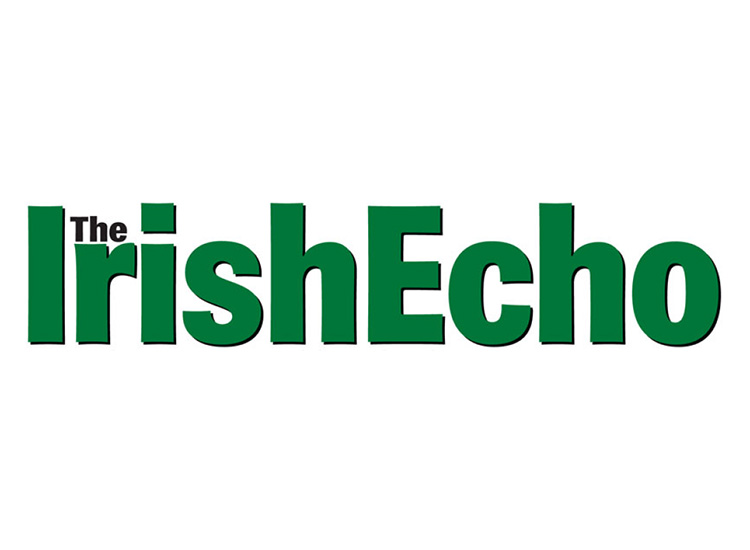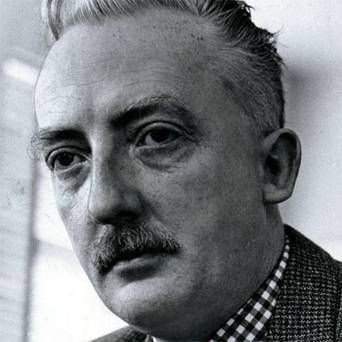Marlene Enright will perform her full album with the Cork Opera House Concert Orchestra in June.
Music Notes / By Colleen Taylor
The perfect accompaniment for this week’s new spring weather is Marlene Enright’s quietly uplifting album “Placemats and Second Cuts.” Shortlisted for the 2017 Choice Music Prize, “Placemats and Second Cuts” is, astonishingly, both a debut and self-released album, which speaks to Enright’s talent and dedication. She is also evidence of a growingly rich Cork music scene.
Although the 2017 “Placemats and Second Cuts” is Enright’s first solo release, she is no rookie when it comes to music making. Before going solo, Enright was lead singer for the band the Hard Ground, which she formed with colleagues when she was a student at University College Cork. After the Hard Ground disbanded, Enright had to completely rework her role onstage, taking the lead on all matters—accompaniment, introduction, and the character of the performance at large. Although she initially found it to be a challenge, Enright has met the demands of solo work, and as her Choice Music nomination evinces, become a leading Irish act. As a native of Bantry, Enright draws attention to Cork’s music scene in both her own public persona as a musician and in her day job. Enright works as booking agent for the White Horse in Cork, a famous folk club and pub, established in 1901. She regularly plays in Cork herself, and will perform her full album with the Cork Opera House Concert Orchestra in June.
The Choice Music Prize nomination, announced in January of this year, changed things for Enright, bringing her more directly into the national spotlight. Listed alongside the likes of Lankum and James Vincent McMorrow, Enright is now one of Ireland’s chosen ones. Not to mention, playing on RTÉ to a national audience for the Choice Award Ceremony in March has given her exposure like never before. Enright’s debut album meets the demands of Ireland’s mainstream music tastes, emulating indie and electro trends in music while also offering something slightly unique. Her album is what I might term alt-folk pop—or, half indie pop, half Americana folk. But most interestingly, her voice offers a touch of cabaret, even something historically inflected. In certain songs on the album, like “123” she sounds like she could have been an Andrew Sister in another life.
But Enright’s voice is chameleonic, and maybe that’s what makes it so captivating. She might sound like an Andrews Sister on “123” but the next moment, such as in “When the Water Is Hot,” a more clearly folk-styled song, she sounds like Dolly Parton’s indie alter ego. And in the very slow, very mournful “Sadness,” she sounds entirely modern. Overall, her vocals are doll-like and otherworldly—lofty in pitch as well as stylization. Enright uses the recording studio’s many tools to give her voice a subtle synthesized sound, as if heard through a 1940s radio or, perhaps more accurately, a jukebox.
The songs on “Placemats and Second Cuts” waiver between the whimsical, as in of my favorites, “123,” and the mysterious and slightly spooky, such as in “Bay Tree.” The opening track, “Alchemy,” is another stand-out, as is “Little Things,” one of her most popular. The flavor of the album is cohesive throughout: easy-breezy, funky, and imaginative. It’s youthful and kinetic—an album that’s clearly in motion, in the artistic and the popular sense. As I’ve said before, I think female solo artists in Ireland are producing some of the country’s best music, and Enright is yet another footnote to add to that hypothesis.









